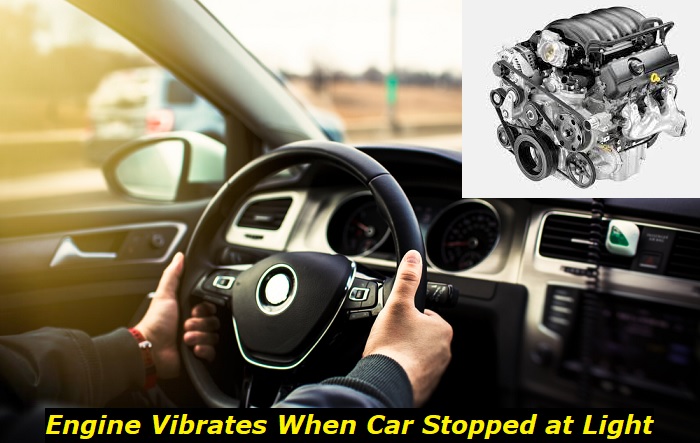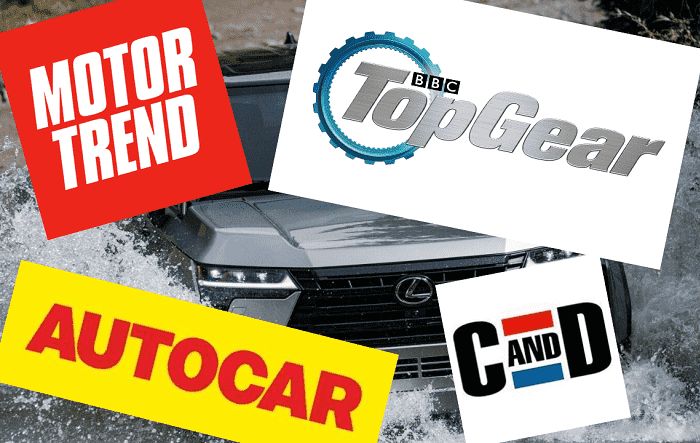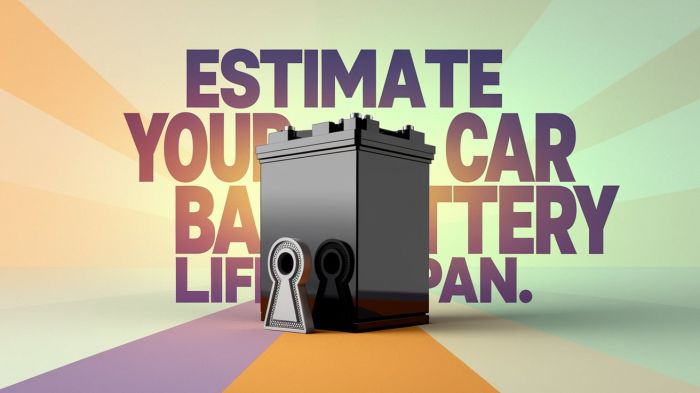You may have been in a situation when your vehicle starts behaving weirdly and actually doesn't allow you to drive where you want and as fast as you want. When your car vibrates like crazy, you may think if driving it is a good idea at all. Maybe it's time to turn the engine off and call for help?
Engine vibrations highlights
- Level of importance:Low
- Commonreasons:Misfiring, engine damage, transmission problems, drive shafts problems
- DIY inspection:Extremely complicated
- DIY repair:Impossible
- Price for repair:$500 - $1,000
- Can you drive?In most cases, yes
- Ways to fix:Only professional repair ispossible,in most cases

How exactly does your car vibrate at a light?
Whenever this starts, you need to register some features of this vibration. When your vehicle gets to the repair shop or to the dealer, you'll be able to explain the problem to them and they will quickly find the reason instead of digging up in your car for hours (and then taking money for all those hours from you).
First of all, try to answer these questions and make notes:
- Did your car vibrate before?
- Has this phenomenon started earlier and gotten worse after some time?
- Do you feel any vibration when driving?
- Do you hear any unusual sounds when your car vibrates?
- Do you see the check engine light on the dash of your car?
- Are there any error messages on the dash?
- Do you notice some loss of power?
- Do you notice worse gas mileage?
- Does your car stall when idling for some time?
- Do you smell gas when you open the hood of the car?
- Are there any leaks near the engine?
- Do you see the engine temperature going too high when you drive?
After answering these questions, you are much better prepared for the visit to the repair shop. This will help the mechanic understand the problem clearly and will save some time. Also, the mechanic will be able to repair the vehicle faster and more efficiently if they know the proper reason for the problem.
This doesn't mean that after answering those questions you may easily locate the problem by yourself and not even pay for the diagnosis. In some cases, you will be able to diagnose the vehicle but DIY repairs are only possible if you are a car mechanic. Otherwise, find someone who will do this for you.
What are the common reasons for car vibration at a light?
When you stop at a traffic light, your vehicle is idling. It means that the engine RPM is low enough to save fuel but high enough to keep the engine running and prevent it from stalling. Vibration when idling is not a really rear symptom and it may appear in many different situations.
Here are some of the most common examples:
1) One of the cylinders is inactive
One of the obvious causes of vibration is that one of the cylinders is not working. It may stop working. This may happen because of bad spark plugs, poor coils, damaged wiring, bad fuel injector, clogged valves, or bad compression in one cylinder because of piston or block damage. We can continue but the reasons will become more and more severe.
While in some cases, you may just install the new plug or coil and keep going, some other breakdowns will require a very serious repair. For example, changing piston rings will require taking apart the entire engine. Also, some problems that cause bad compression in certain cylinders are impossible to repair.
2) Head gasket is broken
This is another common issue why there is no compression in a certain cylinder. The head gasket may get broken in different places and in some of them, the gasket may cause a compression leak. This will cause one cylinder to die forever until you replace the head gasket. Unfortunately, this is not a very affordable task.
3) Engine mount issues
Your powerplant is mounted on special "cushions" that lower natural vibration using rubber elements. But after some time, these rubber parts are torn and can't do their job. This means that the engine will vibrate and touch the frame sending these vibrations to the entire vehicle's body.
The only thing you can do is replace the engine mount (or maybe the transmission mount) that is worn out. This is not a DIY task, for sure.
4) Worn-out engine
If you see the extremely high mileage on the dash and your engine starts vibrating badly, chances are the engine is just dying. There are some breakdowns that are very hard and expensive to repair like cylinder cracks, piston cracks, rod bearing deformation, crankshaft or camshaft problems, etc. These issues will obviously spoil your mood because repairing this engine will be more expensive than buying another one.
5) Exhaust system issues
Your car may vibrate at idle because of exhaust system problems. For example, your exhaust system may get some rust and now it sends the exhaust to the hole in one of the pipes instead of sending it to the tailpipe. This may cause very noisy sounds and excessive vibration. So, check up on the pipe, the cat converter, and the silencer in terms of damages.
6) Air intake or fuel supply
Sometimes, a blocked air intake may be the reason for the problem. Also, fuel supply issues may cause vibration. Check air and fuel filters, and check the fuel pump and injectors. This is not the easiest problem to locate, so you may need some professional help.
Solving the problem may be cheap if the case is one of the filters. But sometimes, it may also be very expensive and long when the things come to fuel pumps or injectors.
7) Throttle issues
Throttle sensors may affect the idle speed of the engine. If the idle speed is less than optimal, the engine will vibrate and eventually stall. Adjusting the idle speed is only possible after you replace the bad sensor with a new one.
Also, the throttle body itself may cause vibrations. This will mean that it needs proper cleaning. You should check the intake system for buildup, especially if the engine has a direct injection system.
8) Loose gas cap
One of the easiest-to-check problems is the issue with the gas cap. You just need to check it. Come to the cap, check if it's closed properly. But the cap may also be broken. So, unscrew the cap and check if it has some cracks or other damages on the thread and on other parts.
When the gas cap is not tight, it allows some air to go into the fuel tank freely and this creates wrong pressure in the system. The gas pump tries hard to maintain the pressure and eventually fails or starts working with problems.
9) Timing belt or chain is off
When the timing system is not 100% correct, the engine will not be able to work properly. The valves will open too early or too late and they may even hit over pistons and get stuck. This will kill the engine and make the repair too expensive or even impossible.
If you think this may be timing, stop your engine as soon as possible, and don't try to start it again!
Fixing the problem - here's the best way
We don't think driving your vehicle with a vibrating engine is the best idea you can come up with. You better stop your car and check everything you can check by yourself. Then you may also call a mechanic and ask what to do. After you describe the symptoms, the car mechanic will be able to conclude several reasons for this and will tell you if you can drive.
If you are unsure, you better call a tow truck. Yes, it will cost you some money, but you will be able to save the engine from even worse damages and will eventually repair it with just some investment.
How can you prevent your engine from vibrating at idle?
Regular maintenance. This is the religion for most modern vehicles. You need to provide them with proper maintenance, buy good parts, and also keep up with all the intervals.
Proper inspections during maintenance. Ask your mechanic to make an overall inspection and check engine mounts, suspension units, possible leaks, etc.
Prompt reaction to any minor problems. If you keep driving your vehicle after you locate a minor problem, the car is at risk of major issues with expensive repairs.
High-quality parts. Unfortunately, many drivers buy aftermarket parts that are cheap and accessible. But they are not long-lasting and will require replacement much more often than OEM parts.
About the authors
The CarAraC research team is composed of seasoned auto mechanics and automotive industry professionals, including individuals with advanced degrees and certifications in their field. Our team members boast prestigious credentials, reflecting their extensive knowledge and skills. These qualifications include: IMI: Institute of the Motor Industry, ASE-Certified Master Automobile Technicians; Coventry University, Graduate of MA in Automotive Journalism; Politecnico di Torino, Italy, MS Automotive Engineering; Ss. Cyril and Methodius University in Skopje, Mechanical University in Skopje; TOC Automotive College; DHA Suffa University, Department of Mechanical Engineering






Add comment